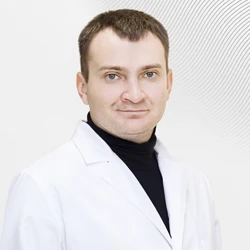The accident in the Moscow metro on July 15, 2014 once again confirmed that none of us, unfortunately, is immune from tragedies and accidents. Such blows of fate divide the lives of victims and relatives of the dead into "before" and "after" disasters. How to live "after" and not to lose yourself in the pain of loss and the stress of remembering?
In such situations, it is very important to provide immediate psychological help and support - on the first day or even the first hours after the disaster. The task of a psychologist or psychotherapist is obvious: to prevent further aggravation of the condition. The amount and duration of psychological care depends on the degree of stress suffered. With high-quality and professional assistance, a person is able to get out of even the most seemingly hopeless situation.
The consequences of such injuries, in the absence of proper psychological support, can manifest themselves in the form of post-stress disorders. In such cases, we recommend that you find the strength and seek professional help from a psychotherapist. A qualified specialist will teach you how to deal with a problem taking into account the characteristics of the individual: any injury must be experienced so that it does not remind you of yourself in the future.
Intense reactions can occur within a few days of a disaster, which are sometimes more frightening than the disaster itself. Most often, anxiety, fear for one's life, a feeling of helplessness, hopelessness, anger, stupor develop, and images of a traumatic situation constantly arise. In addition, muscle tension, palpitations, pronounced weakness and fatigue, sleep disorders, and headaches may occur. These are completely adequate reactions to a catastrophic event. They help you adapt and get over what happened.
It is very important that after life-threatening events, psychological help is provided as soon as possible. This helps to avoid complications of post-stress disorders in the future. Dealing with stress reactions requires special training from a specialist, possession of special skills to help a patient who has experienced a severe traumatic situation. Techniques such as eye movement desensitization, created specifically for the treatment of post-stress disorders, help to cope with maladaptive symptoms in the shortest possible time.
Our specialists, including the Head of the EMC Psychiatry and Psychotherapy Clinic Natalia Rivkina, certified in providing emergency care to patients at the stage of acute stress response, as well as in the treatment of delayed psychoemotional disorders, including post-traumatic stress disorder.
Was this information helpful?
Questions and answers
Ask a Question











.webp)

.webp)




.webp)





.webp)

